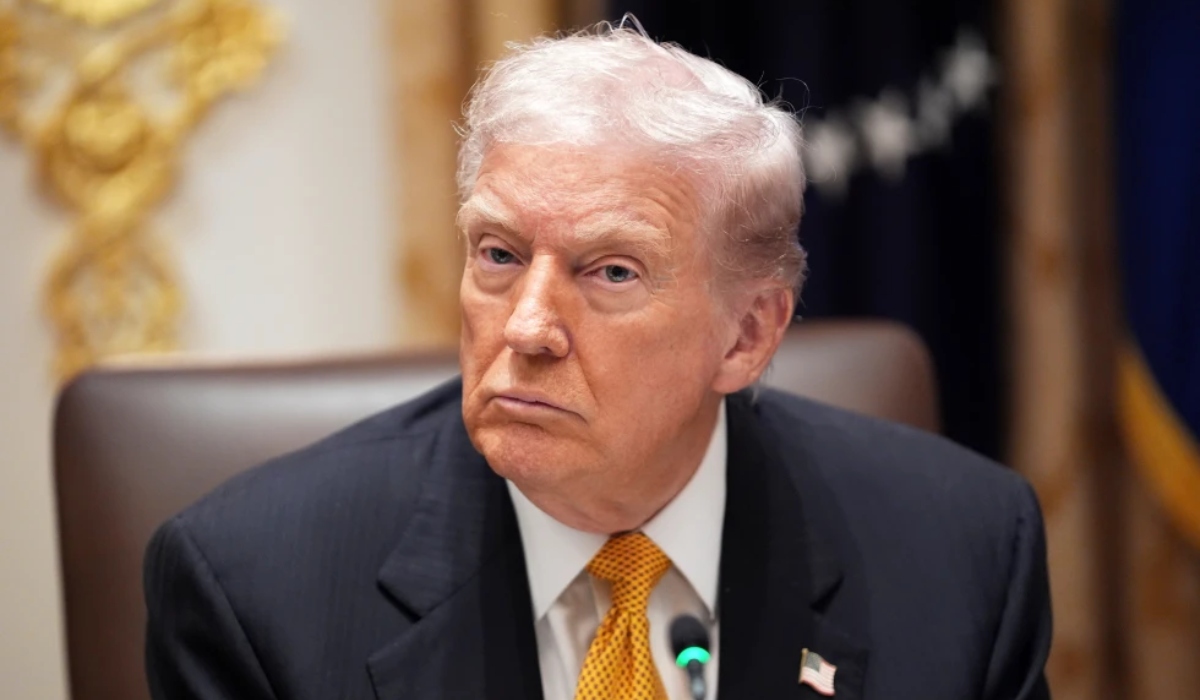
U.S. Boycotts G20 Summit Over Farmer Treatment
President Donald Trump has made headlines by announcing that the United States will boycott the upcoming G20 Summit in South Africa. He described the decision to hold the summit there as a "total disgrace," citing serious issues faced by white Afrikaner farmers in the country. Allegations of violence, deaths, and land confiscation against these farmers have been the primary reasons for the U.S. government's decision to withdraw its officials from the summit.
This announcement marks a significant shift in diplomatic relations, as Trump had previously indicated he would not attend the summit himself. Vice President J.D. Vance was expected to represent the U.S. at the event, but reports now confirm that he too will not be traveling to South Africa. This boycott reflects the ongoing criticism of the South African government by the Trump administration, particularly regarding its treatment of minority groups.
The Trump administration has long accused South Africa of persecuting white farmers, which has fueled the narrative of discrimination. Earlier, when the U.S. reduced its annual refugee admissions to a mere 7,500, it suggested that the majority of these slots would be allocated to white South Africans facing violence and discrimination at home. Such claims have raised eyebrows and drawn mixed responses from various quarters.
The South African government has expressed surprise over these accusations. Officials argue that white citizens generally enjoy a higher standard of living than their Black counterparts, nearly three decades after the end of apartheid. President Cyril Ramaphosa reportedly communicated to Trump that the claims of discrimination against Afrikaners are “completely false.” Despite these denials, the U.S. administration has maintained its critical stance, suggesting the need for international scrutiny.
In a recent economic address, Trump even went so far as to propose that South Africa should be removed from the G20 altogether. This reflects a broader pattern of U.S. disengagement from international events that do not align with its interests or values. Earlier this year, Secretary of State Marco Rubio also boycotted a G20 meeting for foreign ministers, citing an agenda focused on diversity and climate initiatives that he found unappealing.
The implications of this boycott could reverberate across international relations, particularly as countries navigate their stances on human rights and governance. As the G20 Summit approaches, the absence of U.S. officials may highlight the growing tensions and differing perspectives on issues of race and land rights in South Africa.









